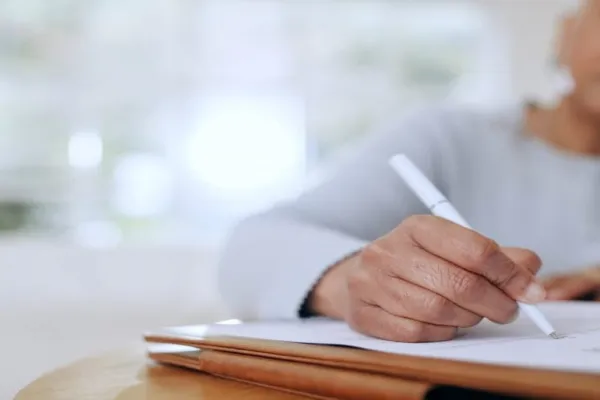Inheriting property can be a double-edged sword.
It can increase your personal wealth.
But there’ll also be more Capital Gains Tax due in the future.
This blog looks at the key questions around CGT on inherited property.
This includes how much you’ll pay and how to minimise the amount due.
What is Capital Gains Tax?
You’re charged Capital Gains Tax (CGT) when you sell an asset for a profit. A percentage of the profit is taken as tax by the government.
This applies to significant assets. Property, shares and art are the main examples.
CGT only applies to a house which isn’t your primary residence.
If you live there in your main home, you don’t pay for it. It’s thus charged to people with larger portfolios.
Your income tax determines how much you pay. Basic rate taxpayers are charged at 18%.
High-rate taxpayers are charged 24%. There’s also an annual allowance, which for 2024/25 is £3,000.
This means you can make capital gains of up to £3,000 before paying any CGT.
You can combine your allowances for £6,000 tax-free annual gains if you are married or in a civil partnership.
Do I pay Capital Gains Tax on inherited property?
In most cases, yes. But it’s only due once you sell it for a profit further down the line.
The main exception is inheriting a house from a spouse or civil partner. You don’t usually pay it then. The property’s value is decided during probate.
So, when you sell in the future, you only pay CGT on profits over this. You don’t have to calculate back to when your loved one first bought it.
You can avoid CGT if you move in and make it your main home.
This qualifies for ‘Private Residence Relief’. This means there is no CGT to pay as long as you live there.
Is Capital Gains Tax on inherited property due to change?
It’s not clear at the moment. The current Chancellor is experimenting with different methods of raising taxes.
Some experts predict that CGT will be increased in the future. It’s seen as a ‘tax on the rich’ which doesn’t affect those with only one house.
Another speculated change is removing the spousal transfer exemption. They might also reduce the CGT annual allowance to less than £3,000.
How can I reduce Capital Gains Tax on inherited property?
There are a few different ways that you can do this.
But you should always get qualified advice from an independent expert. They’ll be best positioned to advise you.
The deceased could make small lifetime gifts from the property. This must be done before passing away. It’ll reduce its inheritance value and any gain.
You could transfer assets into the deceased’s spouse’s name.
This will fully utilise the deceased’s allowances before inheriting. It doubles the tax-free allowance.
You could claim Private Residence Relief if you move in as your main home.
Try to negotiate the property’s valuation down. This will minimise the tax due.
You could also defer CGT payment using rollover relief. This delays it until the property is eventually sold.
Some people deduct enhancement costs like extensions, garages or solicitor’s fees.
If unmarried, nominate the inherited property as your main home. And retain your former home as your partner’s.
















